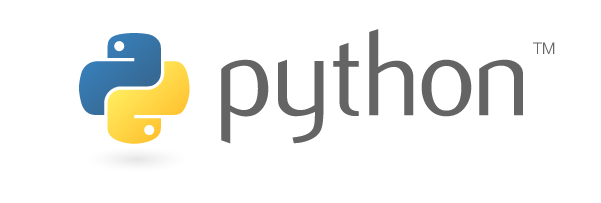Perl5 is a nice useful language, I’ve always liked it, though sometimes it felt a little bit clumsy. I had some metaphorical headache managing arrays and hashes in few circumstances, for instance, and I’ve never get really accustomed to the lack of a signature in subroutines. I’ve barely seen the “new” OO features, and when I tried them, they didn’t felt totally right to me. On the other hand, Perl regular expressions are a variant which has spread outside Perl world, likely because they gave something which was missing in basic or extended POSIX regexes.
Perl6 Raku is a totally new language, despite some syntactical and superficial resemblance with Perl5. With respect to the regular expression story, it takes it to a whole new level using a different syntax and introducing grammars which really make easy to write parsers.
Perl6 Raky has many other features, of course: it looks like a very interesting language.
Here I’m going to show something about it.
The language was renamed to Raku. I have edited this article consequently, except where file names are involved (that is, .p6 stays as .p6 instead of .raku.



















